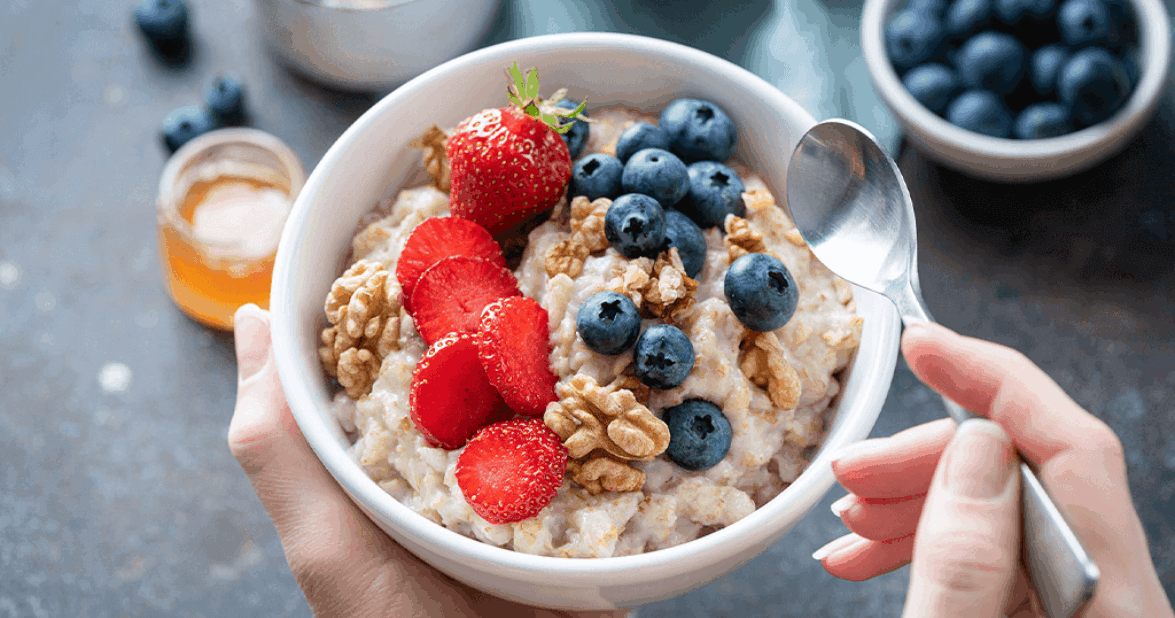Nutritional Profile of Maple Syrup and Maple Sugar
Maple syrup and maple sugar are not just sweet toppings for your breakfast; they’re actually nutritional powerhouses! Unlike refined white sugar, which offers nothing but empty calories and a quick spike in blood sugar levels, maple syrup contains an array of vitamins and minerals that contribute to your overall health. For instance, maple syrup is a good source of calcium, potassium, iron, zinc, manganese and riboflavin. These nutrients play essential roles in the body, such as supporting bone health, boosting the immune system, and aiding in metabolic processes.
Exploring the Health Advantages
Lower Glycemic Index
Maple syrup and maple sugar have a lower glycemic index compared to refined white sugar, which means they cause a slower, more stable rise in blood sugar levels. This makes them better choices for individuals managing blood sugar, including those with diabetes. Studies have shown that consuming low-GI foods can help reduce the risk of type 2 diabetes and heart disease.
Antioxidant Properties
Maple syrup is rich in antioxidants, including up to 24 different phenolic compounds as identified by the Journal of Agricultural and Food Chemistry. These antioxidants help combat oxidative stress, protect cells from damage, and are linked to reduced inflammation and improved overall health. Notably, polyphenols, a type of antioxidant found in maple syrup, have been shown to have anti-inflammatory, anti-cancer, and anti-bacterial properties.
Nutrient Rich
Maple syrup and maple sugar are excellent sources of essential minerals such as manganese, zinc, and calcium. Manganese supports bone health and metabolism, zinc aids in immune function, and calcium is vital for strong bones and teeth. Incorporating these nutrients into your diet can help maintain overall health and well-being.
Comparative Analysis with Other Sweeteners
When compared to other common sweeteners, maple syrup stands out not only for its lower glycemic index but also for its rich antioxidant content and nutritional benefits:
- Sugar vs. Maple Syrup: While both have similar calorie content, maple syrup offers additional nutrients and antioxidants that refined sugar lacks.
- Honey and Agave vs. Maple Syrup: Honey has antioxidants but a higher glycemic index than maple syrup. Agave nectar, though low on the glycemic index, lacks the nutritional benefits and antioxidants found in maple syrup.
Practical Tips for Using Maple Products
Incorporating maple syrup and maple sugar into your daily diet is easy and delicious:
- As a Sweetener: Use maple syrup in your coffee, tea, or smoothies for a natural sweetness with added health benefits.
- In Baking: Replace refined sugar with maple sugar in baking recipes to enhance flavor and nutrition.
- On Oatmeal and Pancakes: Drizzle maple syrup on oatmeal, pancakes, or yogurt for a nutritious breakfast.
- In Cooking: Add maple syrup to marinades, glazes, and sauces for meat, fish, and seafood dishes. The right grade of maple syrup can enhance the flavor and visual appeal of your dishes.
Maple syrup and maple sugar offer numerous health benefits, making them superior alternatives to other sweeteners. By choosing Bascom Maple Farms’ products, you are opting for quality and health. Whether you are a consumer looking to make healthier choices or a company seeking to improve your product formulations, our range of maple products is the perfect solution. Request a sample today and experience the sweet health benefits of maple syrup and maple sugar for yourself.
